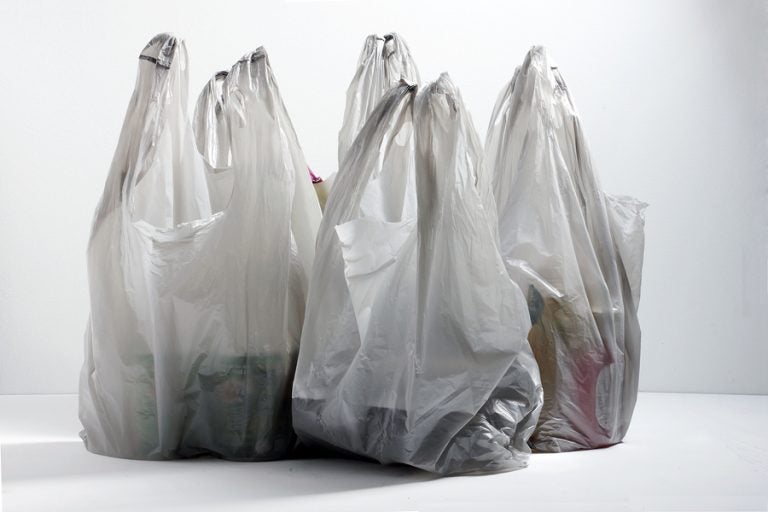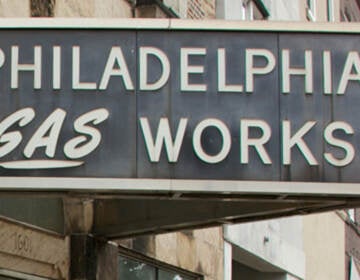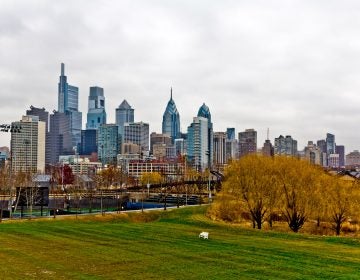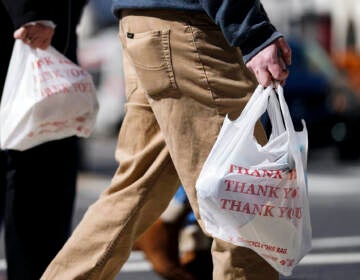No fee. No enforcement. Philly’s plastic bag ban is set up to fail.
Philadelphia is poised to adopt a ban on single-use plastic bags, but without a fee or proper enforcement, it won’t be successful.

Multiple plastic shopping bags on table top (Big Stock)
After three tries in 12 years, Philadelphia City Council is poised to adopt a ban on plastic shopping bags. Much credit is due to the leadership of Councilmember Mark Squilla, as well as the work of a coalition of environmental and community activists representing the neighborhoods most impacted by litter and open dumping. Clean Water Action has been proud to be a part of that coalition.
However, if the bill is adopted as written, it will not deliver on its promise to Philadelphians to ban plastic bags. Compromises made to win the approval of the Kenney Administration raise doubts for the amended bill’s success. Its major shortcomings involve a lack of enforcement provisions, uncertain funding for the study to determine bag usage and the simple fact that legislation banning plastic bags without imposing fees has not succeeded in any major jurisdiction in the United States.
As written, this bill is strictly voluntary—with no consequences for retailers who choose to continue offering plastic bags at check out. Absent enforcement, successful implementation is questionable. The bill also lacks a provision, standard in bills across the country, that allows retailers to exhaust their inventory of plastic bags before complying with the ordinance.
Four hundred and seventy-one jurisdictions in the United States have adopted disposable bag legislation. There is no information of any of those municipalities having successfully enacted plastic bag bans without fees—those who tried failed and were forced to reintroduce legislation adding fees. The most relevant example is Chicago: after a failed ban of plastic bags, the city introduced new legislation a year later calling for a $.07 fee per bag. A study of shopping bag usage showed that within a month of implementation, all single bag use—paper and plastic—dropped by 42%.
The amended bill includes language to conduct a study of shopping bag usage to determine the impact of the plastic bag ban with no fees. While acknowledging its importance, there has not been a commitment for the estimated $125,000 needed to pay for the study, and the Kenney Administration rejected language that would have automatically instituted a fee if the plastic bag ban did not achieve a 60% reduction of all single-use bags. Experience has shown that plastic bag bans without fees don’t work, while bans with fees do work. With no promise of funding and rejecting a proven remedy without offering alternatives, raises questions of just how committed the administration is for the success of this legislation.
For the first time in 12 years, there is consensus in City Council to ban plastic bags, and our elected officials are anxious to do it in the current session. The reality is, however, that the amended bill fails to deliver, and there is no time left in the current City Council calendar to correct the shortcomings.
These issues can be resolved. The most reasonable course of action is for City Council to table the bill and commit to reintroducing, repairing and adopting it quickly in the new session that begins in January.
Clean Water Action will continue to do its part to keep the public informed and hold Council and the Kenney Administration accountable for passing legislation that delivers what it promises. Ultimately, though, it will be the citizens of Philadelphia making their voices heard that will make the difference in determining how effective Philadelphia is in addressing litter and eliminating the use of plastic bags.
WHYY is your source for fact-based, in-depth journalism and information. As a nonprofit organization, we rely on financial support from readers like you. Please give today.







